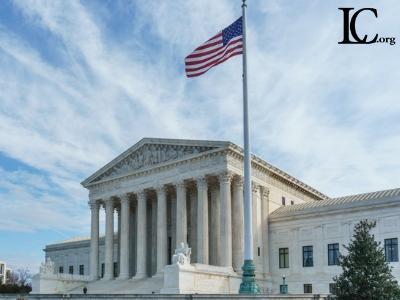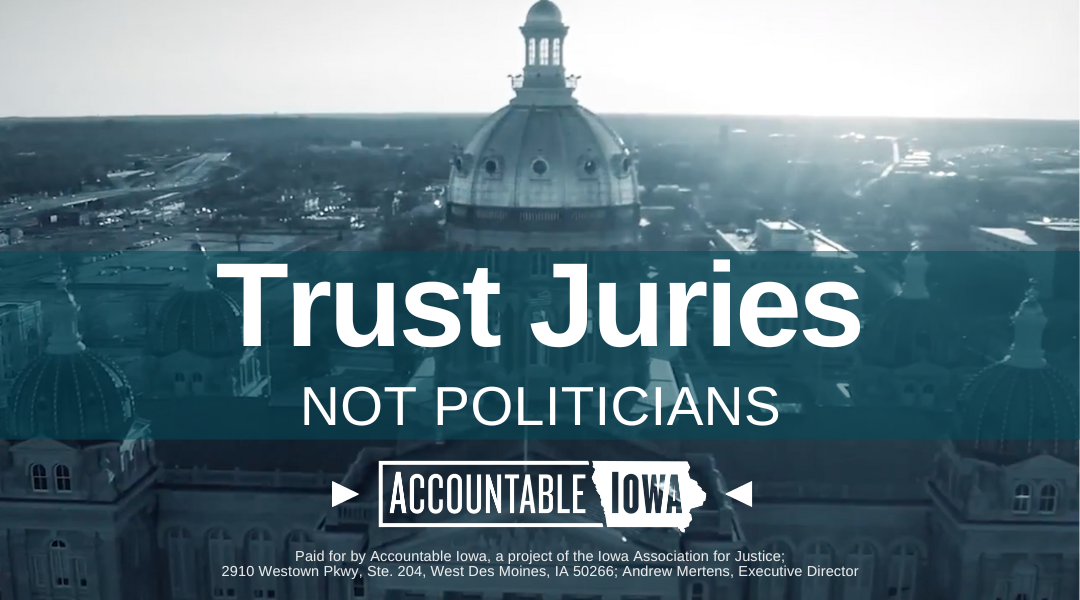Liberty Counsel filed a reply brief in the petition for writ of certiorari asking the U.S. Supreme Court to review Alicia Lowe, et al., v. Janet Mills, et al, on behalf of health care workers in Maine who were terminated because their religious exemptions from Governor Janet Mills’ unconstitutional, illegal, and unlawful COVID-19 shot mandate were denied.
Liberty Counsel represents the seven health care workers against five of the state’s largest hospital systems which include: MaineHealth, Genesis Healthcare of Maine, MaineGeneral Health, and Northern Light Eastern Maine Medical Center (hereinafter “Providers”).
The Providers have acted as if federal law does not apply in Maine by disregarding Title VII of the Civil Rights Act of 1964 and denying ALL religious accommodations for the health care workers. Despite the protections afforded by the federal Title VII law, Maine threatened health care employers with fines and loss of licensure if they granted even one person a religious accommodation for the COVID shots. The Providers defended their violation of Title VII by arguing that the law in Maine prevented them from granting any religious exemptions from the COVID shots.
The First Circuit Court of Appeals held that an employer may disregard Title VII prohibition on religious discrimination on the basis of contrary state law. This directly conflicts with decisions from the Second, Fourth, Sixth, Seventh, Ninth, Tenth, and Eleventh Circuit Courts of Appeal, which ruled that directly conflicting state laws involving race, sex, and disability must yield to federal laws regarding discrimination requirements. A conflict among circuit courts requires resolution by the High Court.
The Providers knowingly and intentionally violated Title VII’s nondiscrimination provision respecting religion by refusing to consider any religious accommodation. Their defense is that under state law, all religious discrimination requests must categorically be denied. Yet, Title VII expressly provides protection against religious discrimination. Even though not all religious discrimination claims must be accommodated, all such claims must at least be adequately considered.
For example, when responding to one of the health care worker’s request for a religious accommodation, MaineHealth stated: “You submitted a religious exemption, your request is unable to be evaluated due to a change in the law. Your options are to receive vaccination or provide documentation for a medical exemption to meet current requirements for continued employment.” Therefore, MaineHealth admittedly refused to even consider or “evaluate” a religious accommodation request.
In response to another health care worker’s request for a religious accommodation, MaineGeneral stated: “All MaineGeneral employees will have to be vaccinated against COVID-19 by Oct. 1 unless they have a medical exemption. The mandate also states that only medical exemptions are allowed, no religious exemptions are allowed.”
Health care workers in this case also did more than was required under Title VII. They informed employers that they were willing to abide by other measures such as masking, etc., to permit them to continue working, as they had done since the beginning of COVID-19, while still holding to their sincere religious convictions.
As U.S. Supreme Court Justice Neil Gorsuch noted in Barber v. Colorado, Department of Revenue, federal law does “not yield to state laws that discriminate against [religion]; it works the other way around.”
Liberty Counsel Founder and Chairman Mat Staver said, “Since there is now a conflict in the circuit courts regarding Title VII’s nondiscrimination provisions and conflicting state law, Liberty Counsel is asking the U.S. Supreme Court to review this case to resolve the conflict. It cannot be that a state law can take away a right granted by federal law. The federal law takes priority and employers cannot treat religious protections as an orphan. Federal law cannot be set aside.”

















